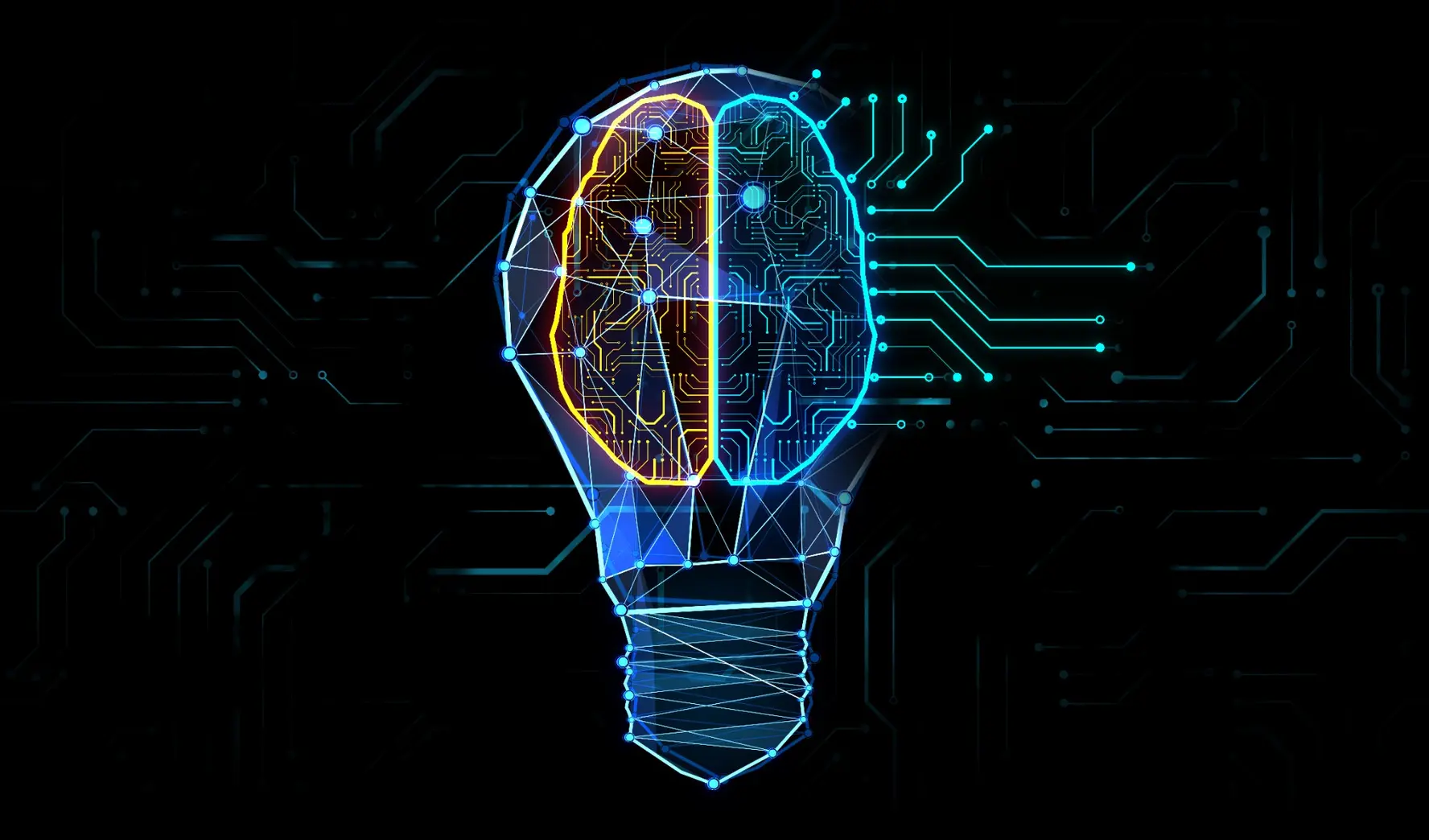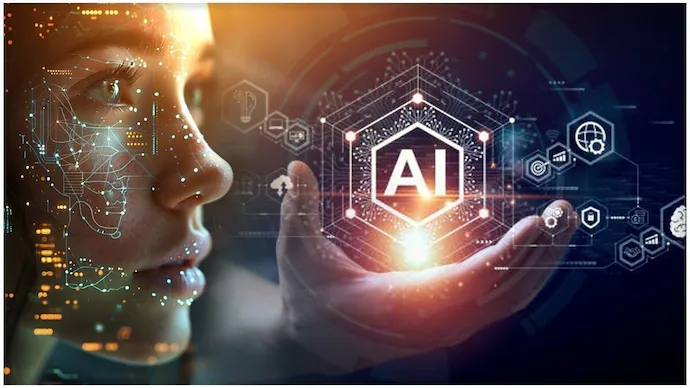Introduction
The modern era is witnessing a seismic shift in how power, influence, and progress intertwine. Artificial intelligence, celebrity culture, and geopolitics—once separate domains—are now colliding in ways that redefine global order. From algorithm-driven elections to viral activism and AI-led diplomacy, the structure of civilization is being reprogrammed before our eyes.
As AI systems gain intelligence, celebrities gain global reach, and governments chase relevance in the digital sphere, humanity faces an urgent question: who truly governs the future—the elected, the admired, or the engineered?
The Algorithm as a Global Actor
Artificial intelligence has become the silent hand shaping society. It influences elections, directs news cycles, and controls market behavior. Algorithms now determine who gets visibility and who is forgotten, transforming democracy into a contest of data-driven narratives.
Nations are racing to dominate this new battlefield. The United States, China, and the European Union each seek supremacy in AI innovation, recognizing that technological advantage translates into geopolitical influence. This is not just about efficiency—it’s about sovereignty in the digital age.
Celebrities as Architects of Public Opinion
The rise of digital media has amplified the cultural authority of celebrities. Figures like Elon Musk, Greta Thunberg, and Beyoncé are shaping conversations that once belonged to academics or politicians. They wield soft power that resonates across borders and languages, often outpacing formal diplomacy.
Their digital activism bridges entertainment with global discourse, transforming causes into cultural movements. Yet, the speed of influence carries risk: misinformation spreads as fast as truth, and genuine advocacy sometimes collapses into viral performance. Still, their ability to mobilize millions underscores a new democratic power—the power of the connected individual.
Politics in a Programmable Society
Political leadership today demands fluency not only in law and policy but also in technology and narrative control. Governments worldwide are grappling with how to legislate the invisible—AI bias, algorithmic manipulation, and surveillance capitalism. The challenge is to create digital accountability without stifling innovation.
The convergence of AI and politics has also reshaped international diplomacy. Leaders now negotiate cyber treaties alongside traditional trade agreements. In the halls of global power, data has replaced gold as the most valuable asset, and AI capability has become the new measure of national strength.
The Global Tech Race and Its Moral Cost
As nations compete for technological dominance, the ethical cost of progress grows heavier. Surveillance systems are spreading in the name of security, deepfakes are undermining truth, and automation is displacing millions of workers. The balance between innovation and humanity hangs in fragile tension.
At the same time, global collaborations—like the AI Ethics Council and the Digital Rights Charter—offer hope for a more equitable tech future. Whether these frameworks succeed will depend on political courage and public awareness. The question remains: can the world innovate without losing its moral compass?
Celebrities, AI, and the Digital Activism Economy
The intersection of fame and technology has birthed a new form of activism powered by algorithms. Artists and influencers use their reach to raise awareness about AI ethics, digital privacy, and sustainability. The result is a hybrid form of social impact—where emotion meets innovation.
However, this activism also commodifies attention. When advocacy becomes content, the sincerity of reform risks dilution. Yet, in an age where governments hesitate and corporations dominate, celebrity-led digital activism often becomes the only voice speaking to the masses.
FAQs
How is AI changing political leadership?
AI informs decision-making, surveillance, and communication strategies, redefining governance through data analytics and predictive modeling.
Why are celebrities becoming more politically vocal?
They understand that digital influence gives them the power to shape public opinion and drive policy change faster than traditional institutions.
Is global cooperation on AI governance possible?
It is possible but difficult—nations compete for advantage while trying to agree on ethical standards.
How can technology promote equality rather than deepen division?
Through transparent algorithms, digital education, and inclusive innovation that benefits diverse communities.
What role does digital activism play in the new power structure?
It acts as the bridge between the public and policymakers, giving citizens a voice in shaping the tech-driven world.
Conclusion
The convergence of artificial intelligence, celebrity power, and political adaptation has redefined global influence. In this new ecosystem, code governs culture, fame fuels reform, and politics must evolve or perish. Power has become decentralized, yet more concentrated than ever—hidden in the hands of those who master technology.
As humanity moves forward, the challenge will not be technological—it will be ethical. The future belongs to those who can blend intelligence with integrity, using innovation not to dominate, but to connect and enlighten.



